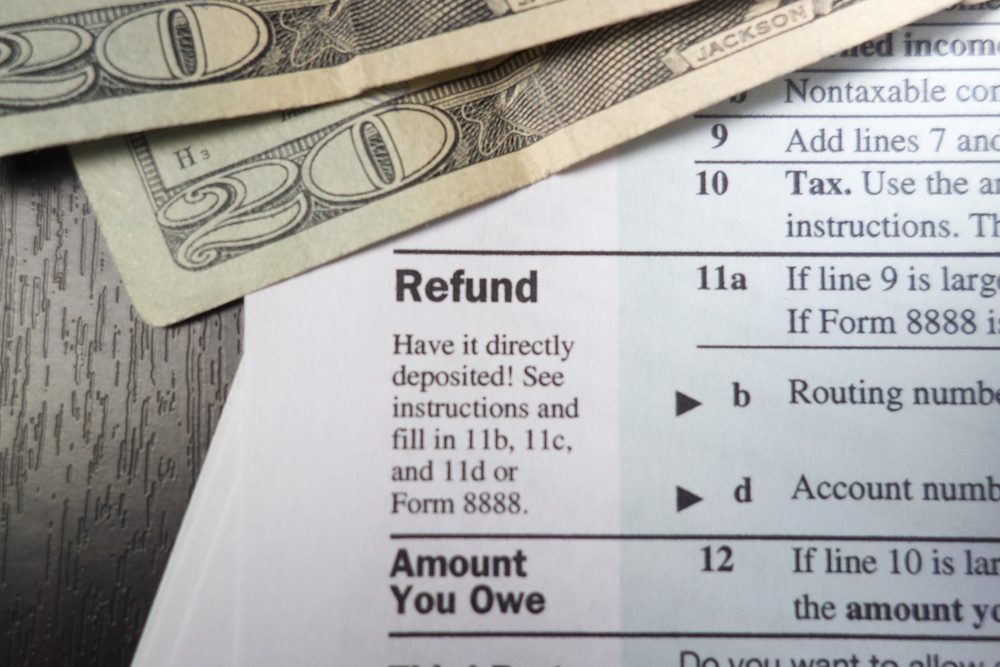
1. Gambling Winnings
Not everything that happens in Vegas stays in Vegas. That’s because gambling winnings are taxed. Gambling income includes winnings from casinos, lotteries, horse races, and sports betting (including fantasy sports). Those mentioned here are the most popular types of gambling winnings, so keep in mind that the list doesn’t end here.
The payer is required to send you a Form W2-G if you win $1,500 or more from keno, $1,200 or more from slot machines or bingo, more than $5,000 from a poker tournament, or $600 or more from other wagers if the payout is 300 times or more the amount of your bet.
Here’s one thing to keep in mind: Even if the payer doesn’t send you a W2-G, the IRS still requires you to report your gambling winnings on your tax return. While this type of income is taxed, there’s still some good news. You can deduct gambling losses, but only if you itemize. Also, you can only do this to offset the income from your gambling winnings. Basically, you can’t deduct more than you own.
Let’s have an example. If you won $3,000 last year and lost $4,000 in bets, you can only deduct up to $3,000 of your gambling losses.
The state where you live may also want a piece of the action. Your state will usually tax all your income, including gambling winnings. But also watch out for a tax bill when placing a winning bet in another state.
This doesn’t mean that you’ll be taxed twice, though. Your home state should offer you a tax credit for the taxes you pay to another state. Also, check to see if your state offers a deduction for gambling losses.









